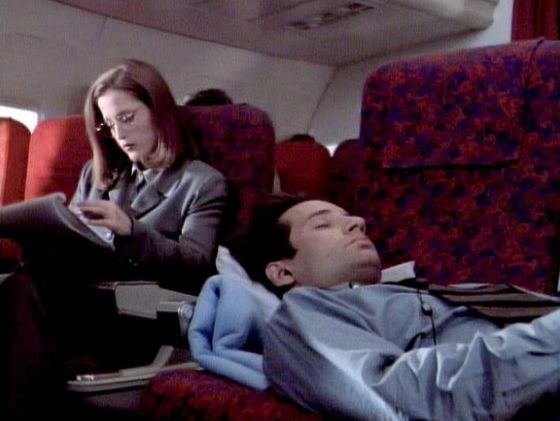Like usual, I'm late to the game commenting on Eat Pray Love. I finally saw the film about a week ago, thanks to Alex, who was nice enough to watch it again.
Actually, I'm glad I came to the film late, because I had already had time to process the imperialist, capitalist, sexist, and otherwise problematic aspects of the film--because I was ready for them thanks to the many online and in-person debates I'd heard, those things weren't as frustrating as they might have been. [Side note: that's a little unsettling--listening to reasoned critiques about these issues apparently desensitized me to them completely? It did make me feel like they were already "taken care of" even though obviously that makes no sense.]
But on to the film. So, as far as I can tell, Eat Pray Love can best be understood as part of the minor but significant tradition of Melancholic Lesbian Travel Writing. Major forerunners include Constance Fenimore Woolson's "Felipa" and Jane (Auer) Bowles's "Everything Is Nice," both of which can be found in Lillian Faderman's stellar anthology Chloe Plus Olivia. All three stories involve single women trying to find themselves through world travel, but ultimately finding themselves passionately falling into a relationship with another woman: a relationship that, for one reason or another, is doomed to be short-lived.
Fact: My girlfriend has that exact hat.
So Liz Gilbert (better known as Julia Roberts) goes through a mid-life divorce, briefly dates James Franco, but still hasn't found what she's looking for. Cf. the well-known O Magazine article on middle-aged women discovering bisexuality.

Fact: Dating James Franco is precisely between heterosexuality and lesbianism on the Kinsey Scale.
Enter Sofi. The short-haired Swedish power lesbian who helps Liz rediscover eroticism, thinly veiled in language of food-lust. Not too thinly veiled, though. I'm pretty sure that if you did a Wordle of their dialogue, "Eat" and "Muffin" would be the most common words.
Sofi flashes the international lesbian symbol for "Let's adopt a kitten together!"
The film's sole sex scene takes place between the two. After what the script describes as "pornographic" and "sensual" shots of the two eating pizza together and each woman talking about how hot the other one would look naked, they go jean shopping. Liz selects a particularly tight pair of jeans and invites Sofi into the dressing room to help her zip them up. You should really watch the scene yourself--I'd feel a little too awkward describing it, but the subtext is pretty clear. Actually, it barely even qualifies as subtext at all. The two go at it, Liz asking Sofi to, "Put some Swedish muscle into it!" [In an interview, Julia Roberts said this was her favorite scene to film. No doubt.]

I couldn't find an image of the scene online, but this one seems to work.
Ruffina, who I think is Liz's friend Giovanni's mother (or maybe Luca Spaghetti's mother? Who knows? And, yes, there really was a character named Luca Spaghetti in this movie), is the only one who seems to get what's going on. She listens to Liz's story and recognizes all the signs, asking Giovanni, "What's wrong with your friend? Is she a lesbian?" Liz and the others laugh it off, but there's no mistaking Sofi's gaze.

Their relationship soon ends as the women part ways to follow their individual paths of self-actualization [which is a pretty lesbian ending if you think about it]. But a key insight from Sofi continues to shape Liz's path. Sofi reflects, "Maybe you're a woman in search of a word." What word you might ask? That which inter christianos non nominandum? Nope, but you're close.
"Attraversiamo."

One of Liz and Sofi's first dates. Sofi is the one in the flannel, natch.
Liz's motto becomes one of the first Italian words she learned, "Attraversiamo," meaning "Let's cross over," a beautiful tagline for any story of a woman (or man, for that matter) experiencing a sexual and emotional reawakening, but one especially apt for this particular segment of the film. Actually, if I were going to remix this as a lesbian short film (or at least a fanvid), I'd call it "Attraversiamo." Somebody please make that happen.

Liz/Sofi ("Lofi"?) fanart courtesy of Gilla.
And if you think I'm reading too much into this--that the writers never intended this subtext, just remember: Ryan Murphy writes for Glee and Jennifer Salt went to Sarah Lawrence.





